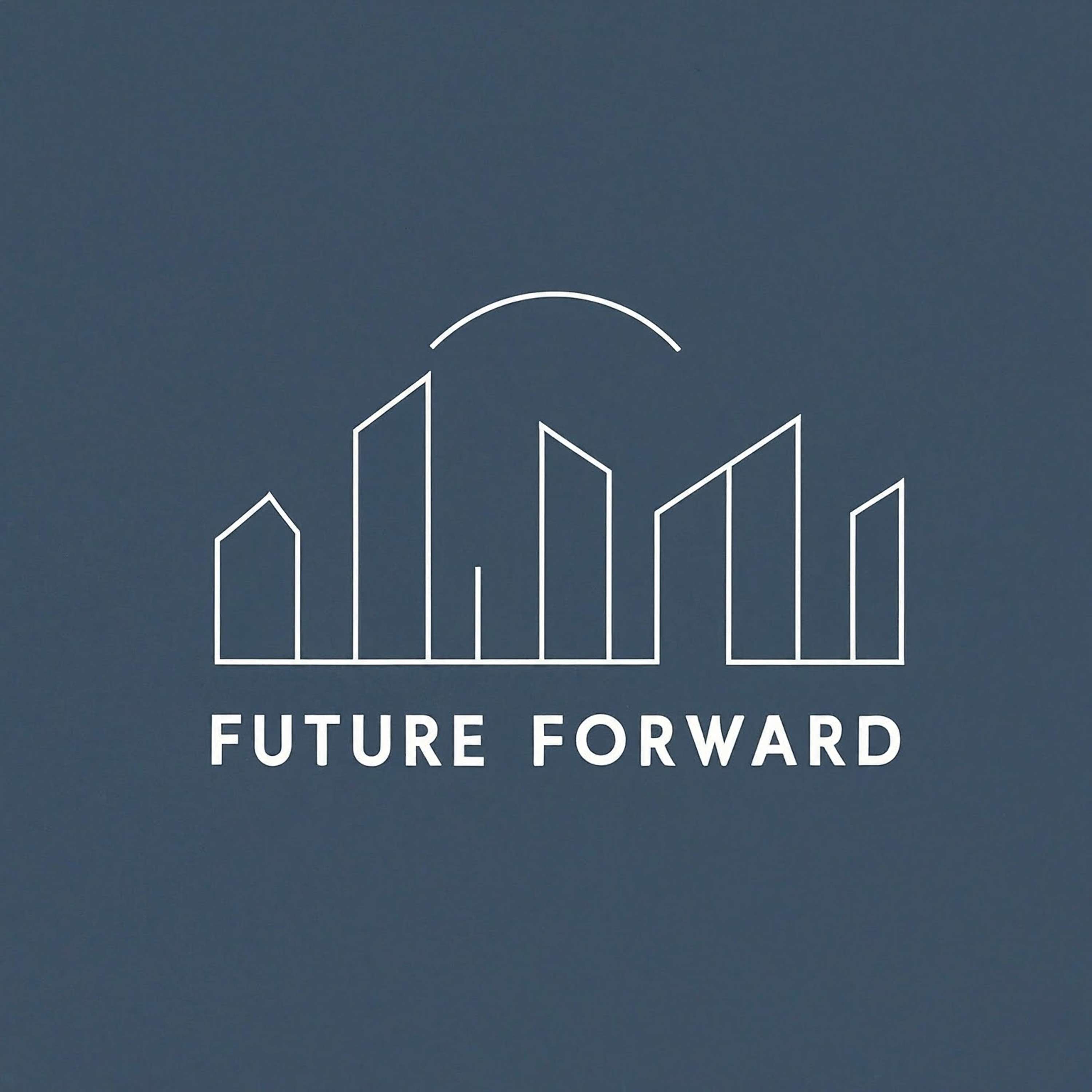In this episode of Future Forward, Seyi and Reza explore the transformation of London from 2008 to the present, focusing on urban density, regeneration projects, and the impacts of COVID-19 and Brexit. They discuss key infrastructure developments, the challenges faced by Londoners, and the city's future prospects as a global city. The conversation emphasizes the importance of community, sustainable transportation, and the resilience of urban systems.
takeaways
- London remains a global city despite challenges.
- The financial crisis in 2008 prompted urban regeneration.
- Key projects like King's Cross and the Shard transformed London.
- COVID-19 and Brexit significantly impacted London's economy.
- Isolation during COVID affected community engagement.
- The Elizabeth Line improved transportation capacity.
- Brixton Windmill serves as a community hub.
- Urban density drives efficiency and economic recovery.
- Mixed land use enhances urban vitality and livability.
- Future initiatives focus on sustainability and community rebuilding.
titles
- Exploring London's Urban Evolution
- The Resilience of London: Past and Future
- London's Journey Through Crisis and Recovery
Sound Bites
- "London is still a global city."
- "Urban density drives efficiency."
- "Mixed land use enhances urban vitality."
- "The average Londoner lost about £3,400."
- "Isolation leads you to think about yourself."
- "London's role as a global city remains robust."
- "Cities can be resilient systems of innovation."
Chapters
00:00
Introduction to Future Forward and London Edition
04:08
London's Transformation: 2008 to 2020
16:40
Impact of COVID and Brexit on London
28:13
Future Prospects for London
